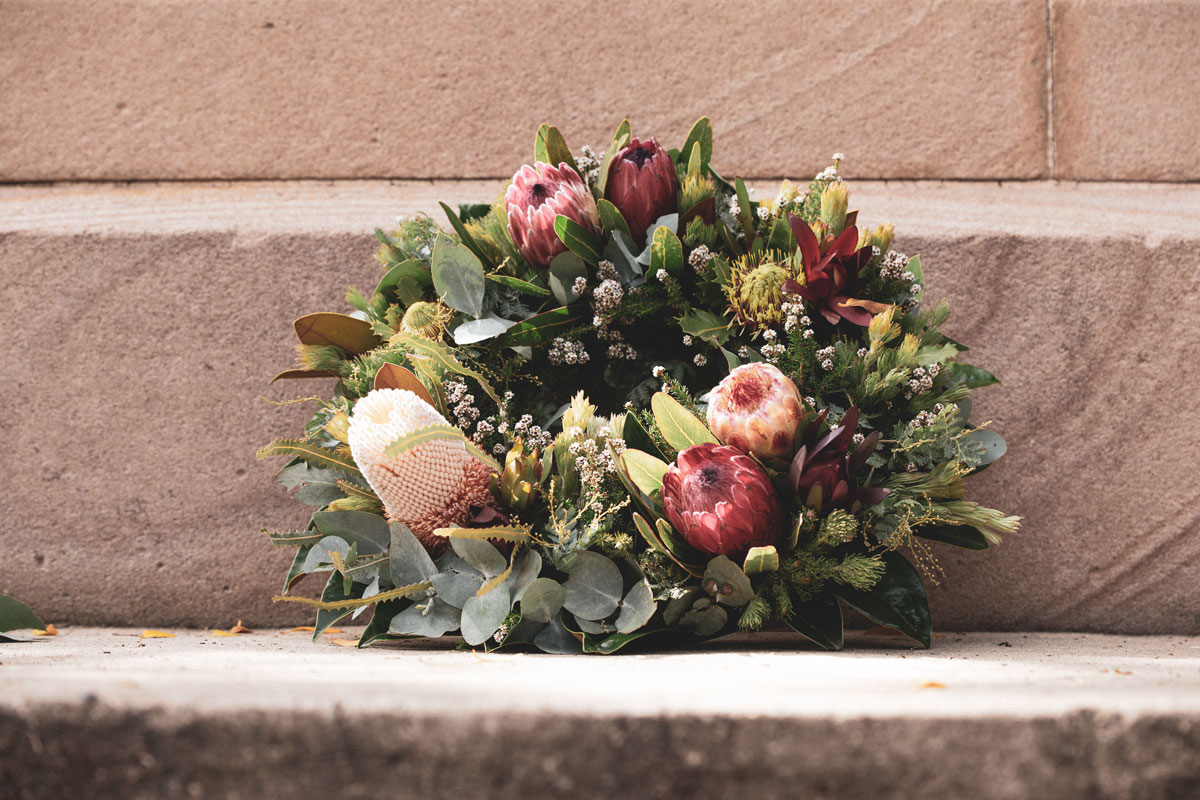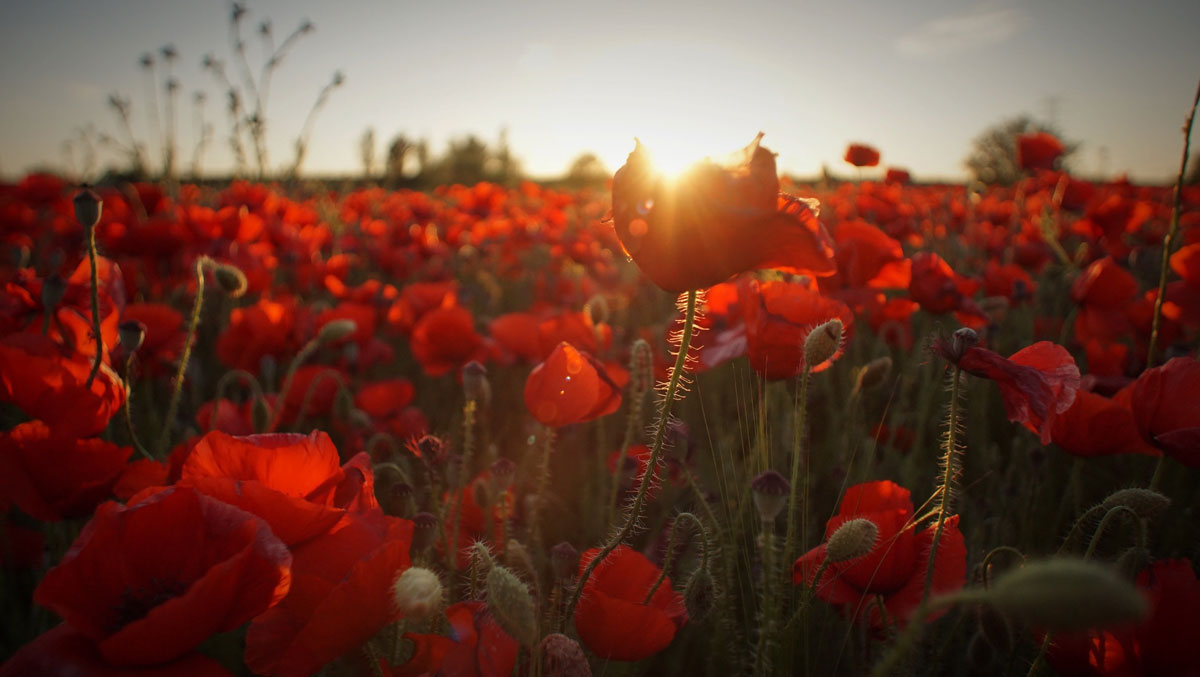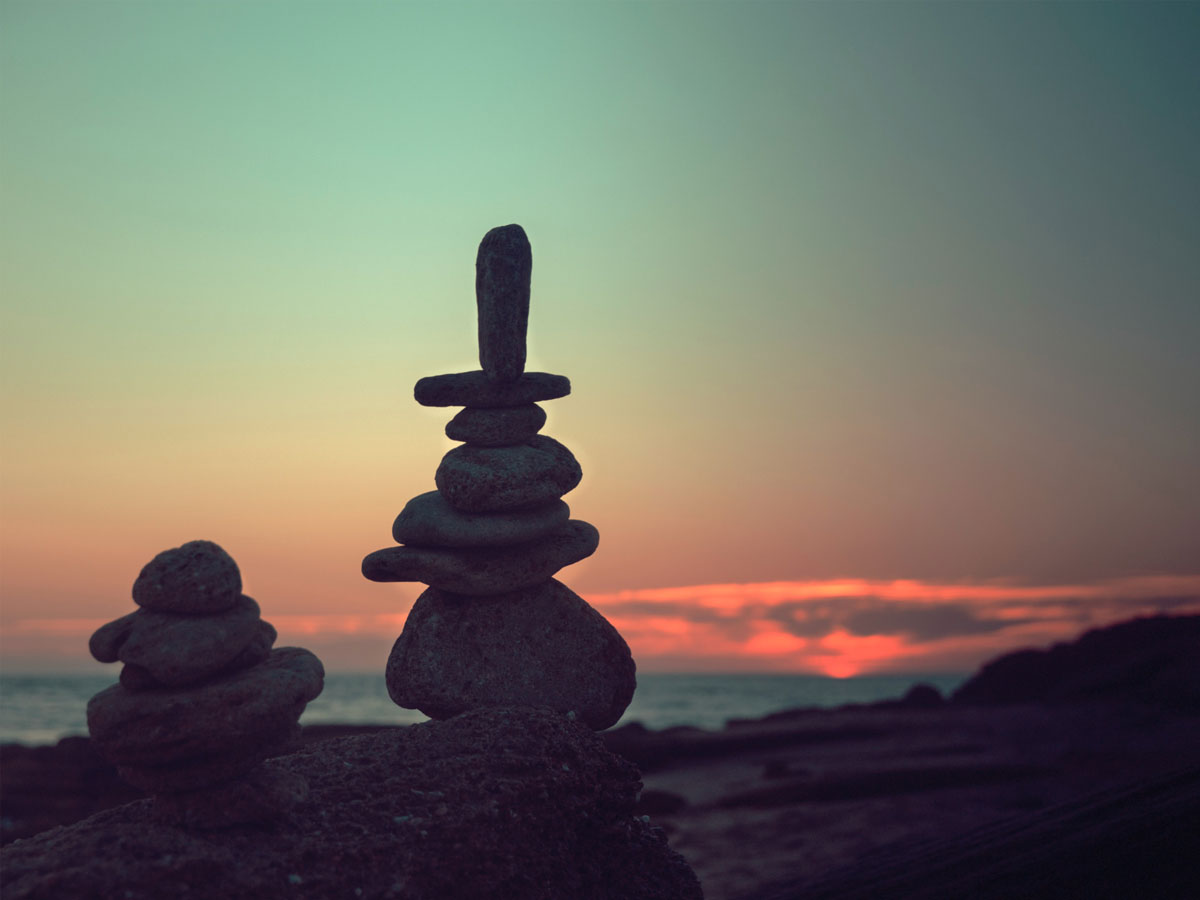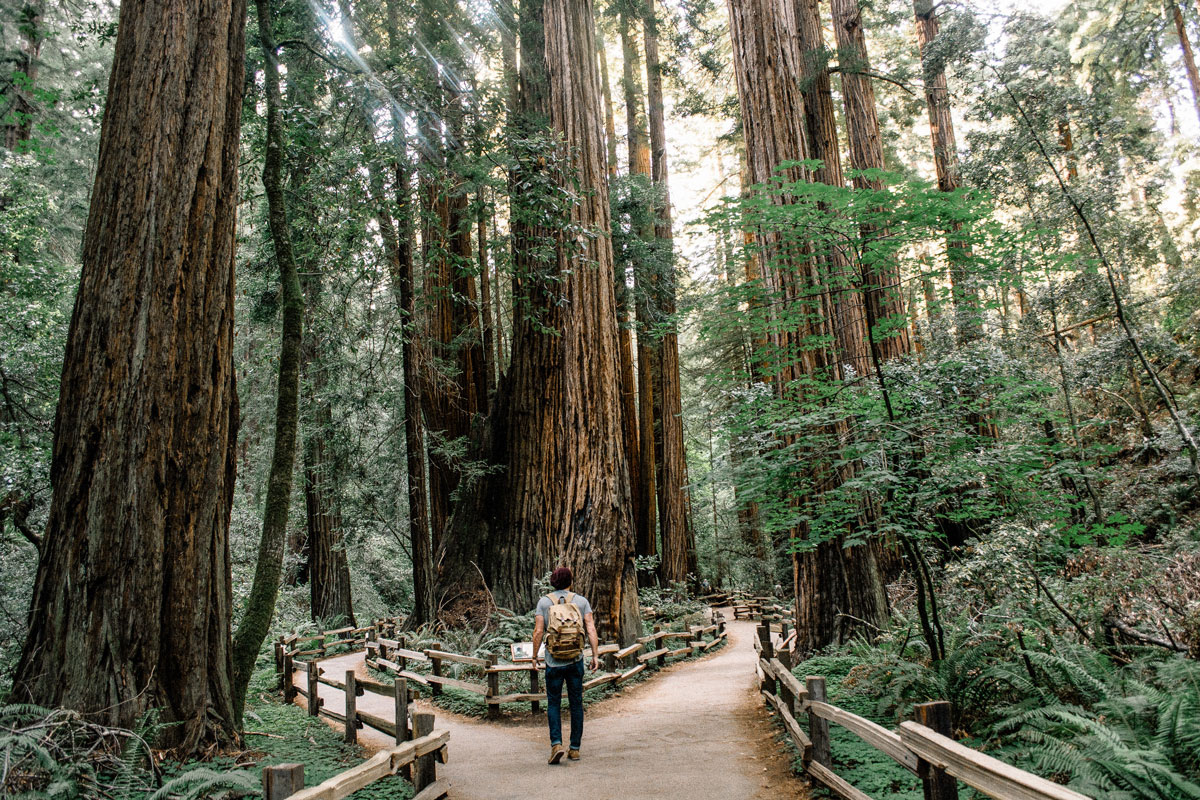
Changes in tradition – but not spirit
Not since the commencement of ANZAC Day in 1942 have we, as a nation, been prevented from traditionally honouring those who made the ultimate sacrifice so the rest of us may enjoy a more peaceful world by profoundly understanding the futility of war and violence, whether it be physical, virtual, or metaphorical. But in the true spirit of what epitomises Australian and New Zealand culture, we found another way, and yet again, it arose from communitarian leadership.
RSL clubs around Australia and New Zealand encouraged us to “light up the dawn” with a candle and reflect upon not only what we had lost, but also what we had gained. Prominent Australian musician James Morrison encouraged other musicians to join neighbours in their local streets and play the ‘Last Post’. Many commented the experience allowed them to reconnect with those they had lost contact with, had never met, or had fallen out over minor neighbourly disputes. Within the silver lining of the global crisis of COVID-19, we found the capacity to reflect, forgive, connect, and shed a tear. Perhaps ironically, and most importantly, social distancing allowed us to share an experience and reconnect with those who reside closest to us. From all of this, it gave us the opportunity to be more alive.
Rituals of reflection
Such is the ritual of ANZAC Day. It is important to many, not because it glorifies war, but because it causes us to reflect on the exact opposite. “I want people to know peace” was the key message that Vietnam war veteran and stretcher bearer John Shields told a news reporter on the morning of ANZAC Day. Unable to attend the Cenotaph due to social distancing, John set up a shrine in his front yard and invited people to hear his message. With tears streaming down his face prompted by the atrocities he had witnessed, and the seemingly endless suffering that he sought to alleviate when tending to the wounded and dying, John spent the day doing what he had done for most of his life. He passionately advocated for us to take on board the tragic lessons of war and violence, and to make peace with ourselves and each other.
Freedom arises when we genuinely understand peace. The true myth of the ANZACs is to understand this. Those who died or suffered on the battlefields of our history left us a worthy legacy. It was to forever remind us of the futility of war and violence in all its forms, and the value of peace as the essence of our humanity. Such is the power of our myths and our rituals.

Exploring the possibilities of human experience
It is important to understand that a myth is not a lie as many in the modern western world would have us believe. Joseph Campbell aptly defined myths as “the organisation of symbolic images and narratives, metaphorical of the possibilities of human experience and the fulfilment of a given culture at a given time”.
Myths afford us the opportunity of bringing forward the meaning that emerges from our individual and collective lived experiences that further inspires our purpose; two things that arise from the wise depths of our psyches and contribute significantly to the quality of our lives. Those collective experiences, interpreted through our great bodies of knowledge such as our art, music, poetry, literature, film, theatre, theologies, and philosophies, create collective meaning that establishes our living myths.
From our myths come our rituals. A ritual is the enactment of a myth. When we participate in a ritual, we are participating in the wisdom of the myth. A wisdom that is inherent within us. The myth along with its images and narratives and the rituals we enact reminds our consciousness of the wisdom of our own life. The ANZAC myth does exactly that: it reminds us of the futility of war and the genuine happiness we experience in peace.
The magic of ritual
COVID-19 and the requirement for social distancing has severely impacted upon the societal rituals of birth, death, and marriage. The wisdom that arises from being present to the birth of a child, or grieving the loss of a loved one, or witnessing two people commit to each other in love, cannot be overstated. When these rituals are denied by uncontrolled circumstances, great suffering and anxiety ensues for many. In part, we grieve the lost opportunity for the wisdom that we might have otherwise gained from the experience, even if much of this is unconscious.
But the current social distancing and isolation have also allowed us to create new rituals. The imagery and narratives associated with COVID-19 would have us believe we are under attack from an unseen enemy that threatens our lives. This has caused many to reflect upon what is genuinely important. From this reflection, a reprioritisation of values has emerged. Such is the power of adverse circumstance. We are forced to consider what is truly important and the wisdom within us realises this. Hopefully, we get the chance to incorporate those reprioritised or rediscovered values into our daily or weekly rituals. In other words, our rituals help to preserve those things that we view as important or valuable to our happiness and well-being.
However, whilst our society is presently disrupted by social distancing, it has been disrupted much longer by having to live under numerous pressures such as conforming to a globalised economic agenda dominated by efficiency, effectiveness, entrepreneurship, and profitability. This, in turn, has led us to being time poor, overly individualised, and overly secular to the point of meaninglessness. If left unchecked, these pressures are likely to increase as we progress towards economic and social recovery, with much of it at the expense of our myths and rituals and along with it, our well-being and happiness.

Perhaps it is time to reflect on the fundamental importance of myth and ritual and reprioritise our lives and our societies in order to preserve their benefits. We have shown that we were capable of doing it for this ANZAC Day, so surely we are capable of doing it for many of the other rituals that are so important for our physical, mental and spiritual well-being.
So, in a quiet moment of reflection ask yourself this: What is the myth of my life? What has my life story so far taught me about the wisdom that is inherent within my Soul? What rituals do I initiate or participate in, both privately and collectively, that honour that wisdom and bring it to life? Our myths and their attendant rituals exemplify the power of the human spirit, a power that exists within each of us. We owe it to ourselves and each other to honour it above all else.
Subscribe to Ethical Intelligence News

